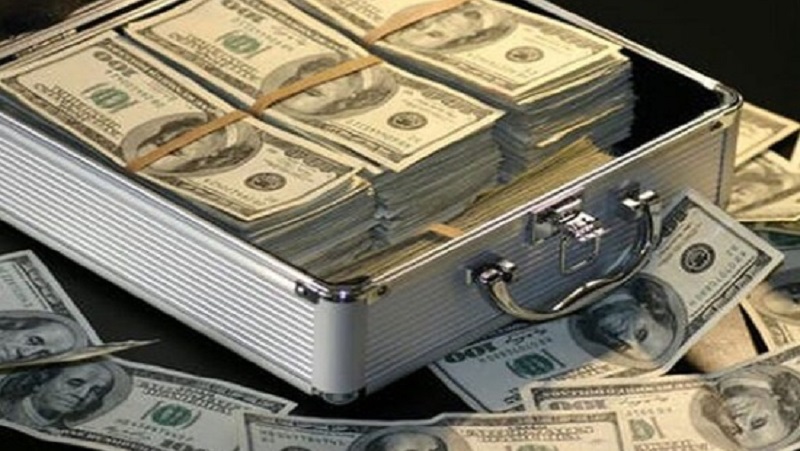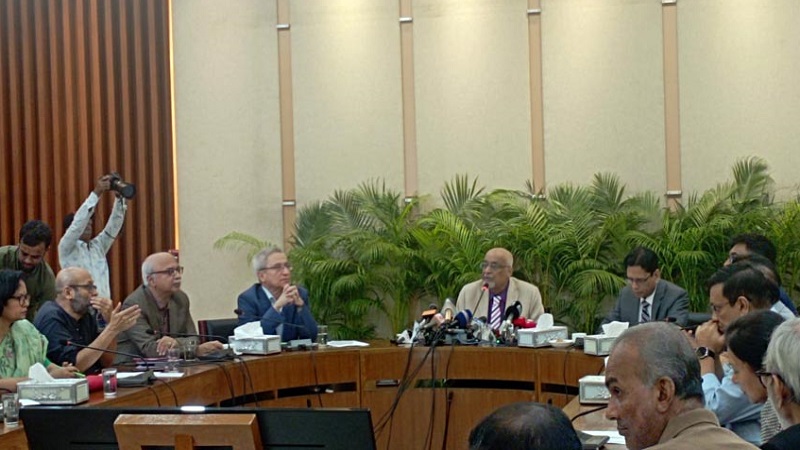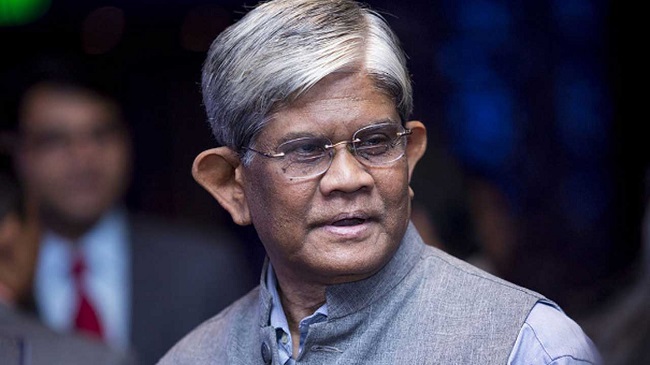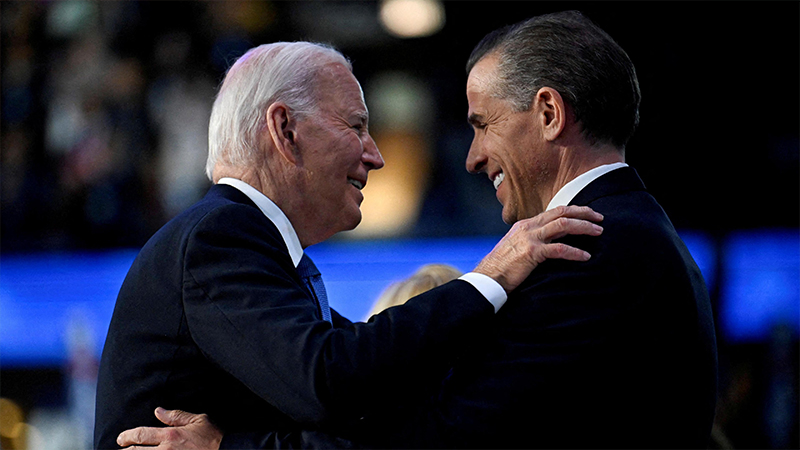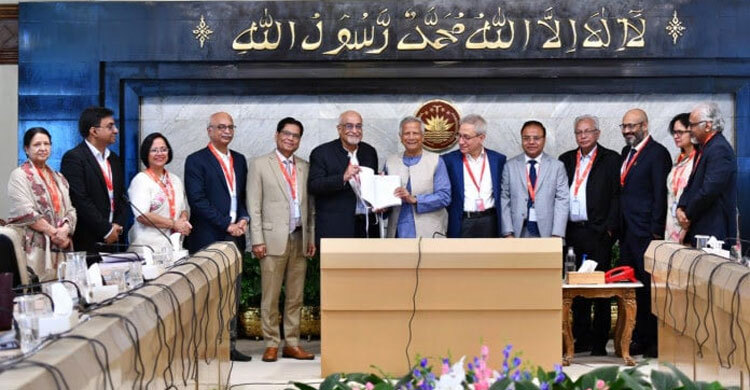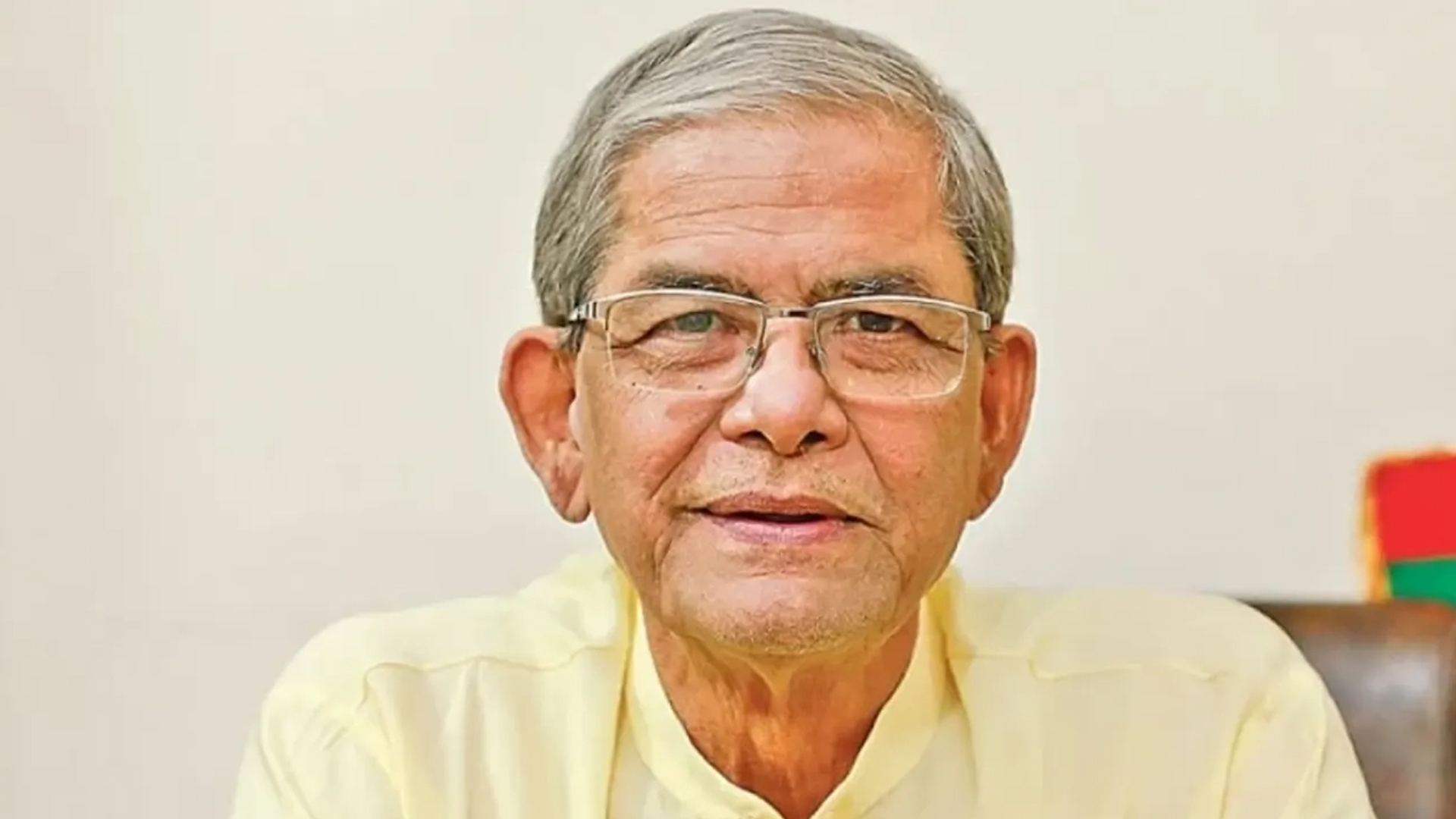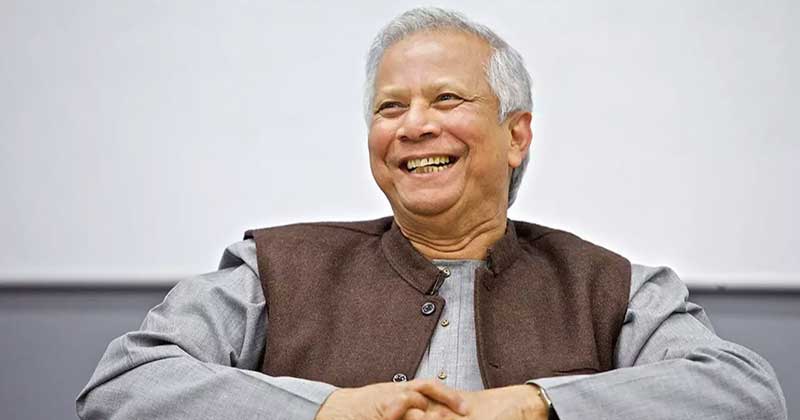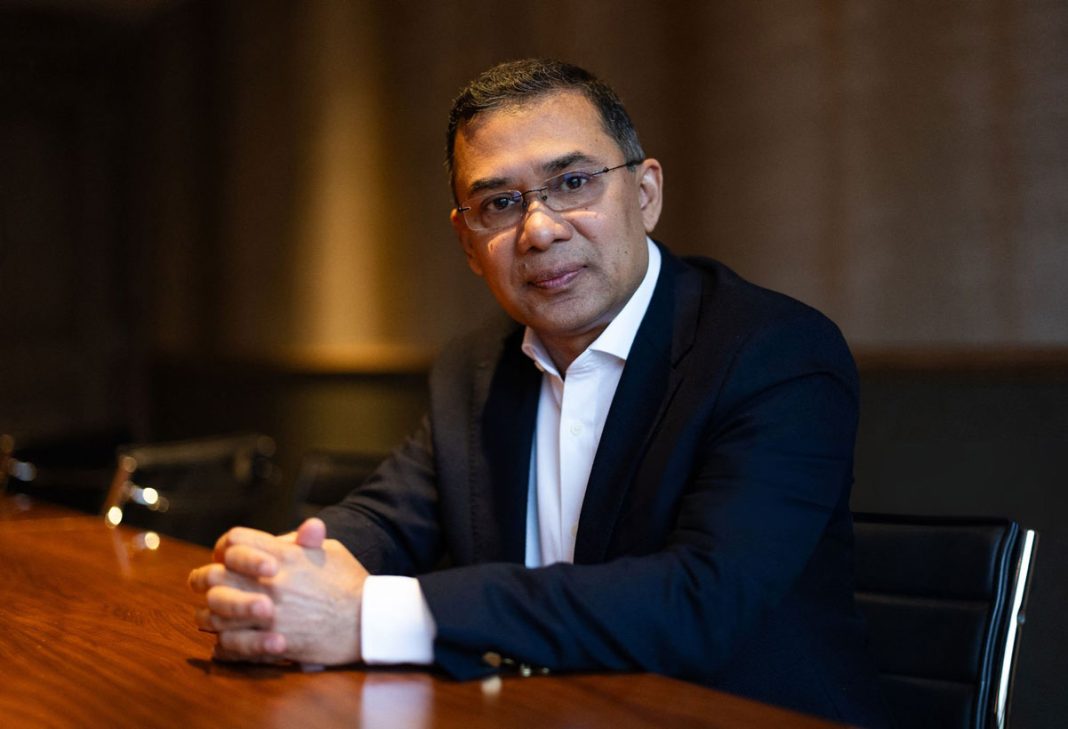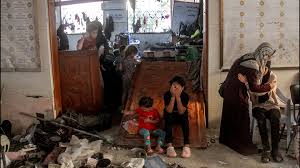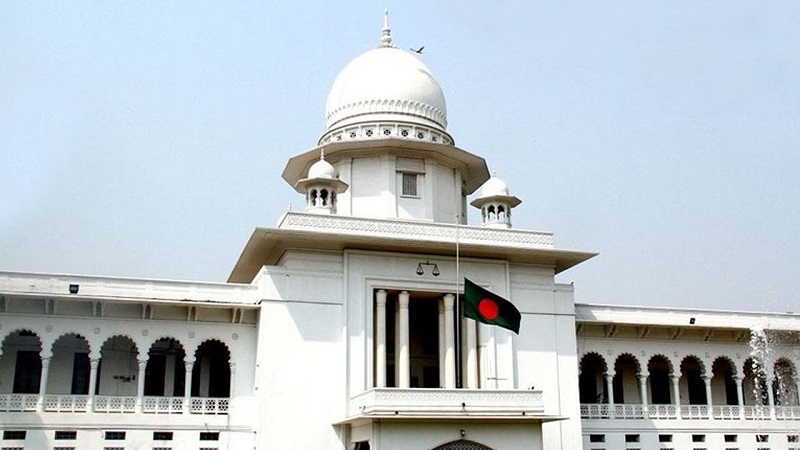The country's foreign exchange reserves witnessed a rapid growth to touch a milestone of $40.1 billion for the first time despite a global economic recession.
Rapid growth of remittance inflows, and low import expenditure mainly helped to increase the reserves, market analysts said.
Besides, the government has taken time befitting initiatives to maintain healthy reserves, they added.
The reserves are adequate to cover about eight months’ import payment for the country of 160 million people, an economist said.
Within four months, the reserves increased by almost $7 billion, the forex reserves crossed $34 billion, $35 billion, $36 billion, $37 billion, $38 billion, $39 billion and $40 billion-mark for the first time respectively following lower import payment pressure and steady growth of remittance inflow during the crisis, according to data provided by Bangladesh Bank (BB).
The previous highest reserves amounting to $33.68 billion was recorded on September 5, 2017.
However, Bangladesh’s remittance inflow registered a 10.85 percent growth in the just concluded 2019-20 fiscal year over the previous FY to hit a record high of $18.20 billion despite the Covid-19-induced ongoing global economic recession and fall in oil prices.
The country’s remittance inflow witnessed a rapid growth to stand at $6.71 billion in the first quarter (Q1) of the current fiscal, up 49 percent compared to that in the same period last fiscal.
This figure was $4.45 billion in Q1 in fiscal year 2019-2020.
An official of Bangladesh Bank (BB) mentioned timely initiatives were taken by the government at various times which apparently resulted in an increased awareness among expatriate workers to send their hard-earned money through legal channels, pushing up the remittance inflow.
Besides, the higher growth of remittance inflow is attributed to a budget declaration of 2 percent incentive to remitters on inward remittance for the last fiscal year.
On the other hand, another BB senior official said higher gold prices in the global market as well as lower import bills have helped increase the country's forex reserves recently.
For utilizing reserves, the government has decided to use foreign exchange reserves for rapid implementation of productive projects to accelerate development work and recover from said Covid-19-induced economic losses, said a finance ministry official, wishing not to be named.
He said the government wants to take forex reserves as long-term loans to reduce foreign loans.
Loans taken to implement such projects can be repaid with the revenue collected from them following the execution, he added.
If the projects cannot make profits at the expected level, the government will allocate funds in the budget to repay loans taken for that specific project, he mentioned.
The finance ministry has asked the central bank to prepare a guideline in this regard outlining the ways the government can take out loans from the forex reserves, he informed.
The forex reserves was $10.36 billion in the FY 2011-12, $15.31 billion in the FY 2012-13, $21.55 billion in the FY 2013-14, $25.02 billion in the FY 2014-15, $30.16 billion in the FY 2015-16, $33.49 in the FY 2016-17, $32.94 billion in the FY 2017-18, $32.71 billion in the FY 2018-19, $35.85 billion in the FY 2019-20 and $40.1 billion till October 8 in the FY 2020-21.
Dr. Atiur Rahman, former Bangladesh Bank governor, told Bangladesh Post, “Remittance is the backbone of the country’s economy.”
He said, “Cash incentive to remitters by the government has helped boost inward remittance, which has helped to increase the forex reserves.”
The central bank has taken several initiatives including providing an easy system giving remittance to remitters as well as buying dollars directly from the market for a stable forex market, which encouraged expatriates to send money through legal channels including banks, he added.
He said this is the highest monthly remittance received in the country’s history helping push foreign currency reserves up to $40.1 billion that is good news for the country.



